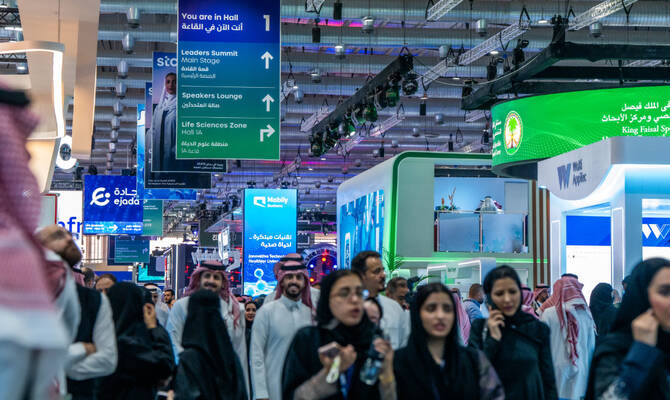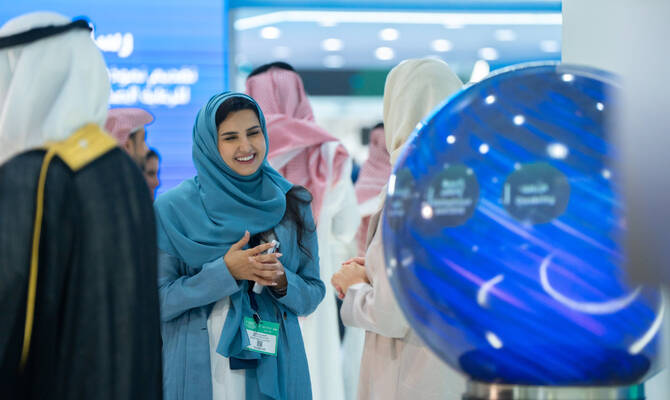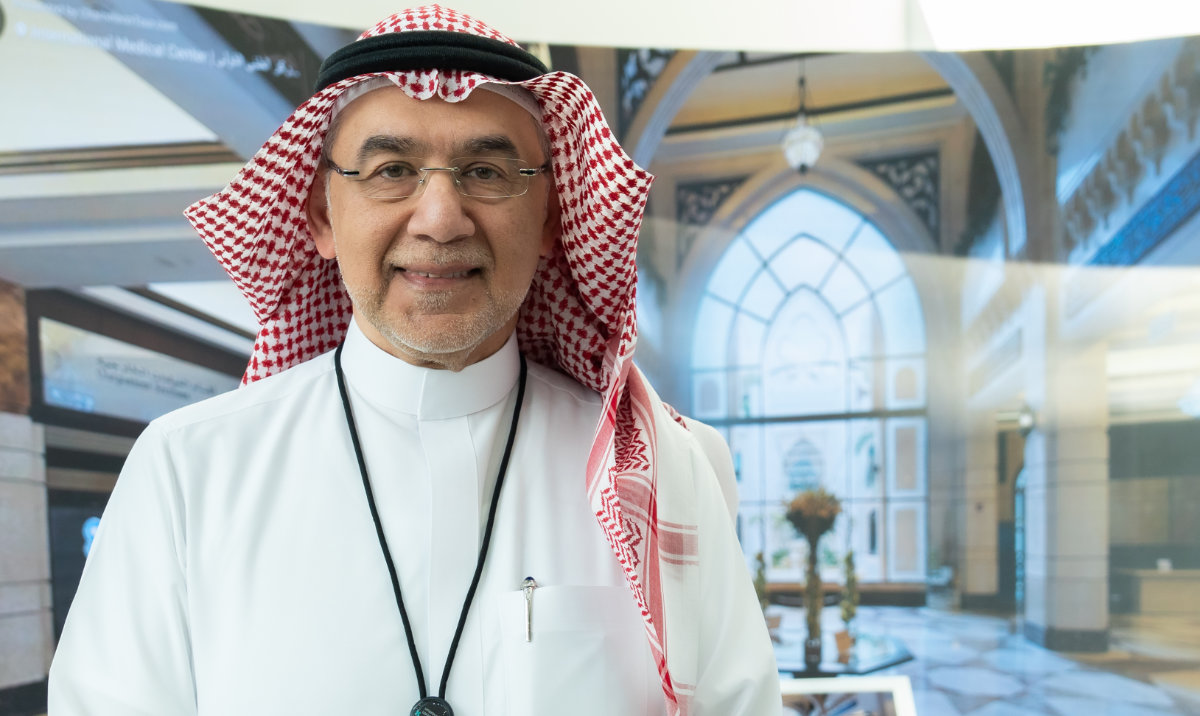In recent years, the Kingdom of Saudi Arabia has embarked on a profound journey, shifting from a healthcare paradigm focused primarily on treatment to one centered on prevention. This is not just a policy change but a reflection of a deeper understanding that a healthy society is built not only in hospitals but in homes, schools, workplaces, and communities. In this article, we explore how Saudi Arabia is implementing this “prevention over treatment” mindset, why it matters, and how it may serve as a model for other nations.
Embracing Prevention as a Foundational Philosophy
Health systems around the world have traditionally emphasized treating diseases, diagnosing illness, administering therapy, and managing complications. Saudi Arabia has recognized that this reactive model is no longer sufficient. The burden of noncommunicable diseases such as diabetes, heart disease, and obesity is growing, and the costs are immense. To counter this, the Kingdom is consciously embracing prevention: promoting healthy lifestyles, early screening, health education, and proactive interventions.
This shift matters because prevention tends to be more cost effective, humane, and sustainable. When people stay healthier, when diseases are caught early or avoided altogether, the quality of life rises, productivity improves, and the strain on the health system is reduced. Instead of waiting for illness, the focus is now on acting early. Instead of just treating, the goal is to empower.
Aligning with Vision 2030: Health as a National Priority
At the heart of Saudi Arabia’s transformation is its ambitious national plan, Saudi Vision 2030. Under this blueprint, health is more than just a sector; it is a cornerstone of a thriving society. One of the main goals is to increase life expectancy, reduce preventable diseases, and adopt modern, preventive health practices.
By embedding prevention in the fabric of national development, the Kingdom is signaling that healthy citizens are the foundation of progress socially, economically, and culturally. When health is elevated to this level of priority, the entire ecosystem shifts: infrastructure, policy, public awareness, and private sector engagement all align toward prevention.
Shifting the Health Ecosystem: Key Focus Areas
Promoting Healthy Lifestyles
One of the most visible pillars of Saudi Arabia’s prevention strategy is its focus on lifestyle related risk factors. Unhealthy diet, sedentary behavior, smoking, and obesity are major contributors to disease. Recognizing this, the Kingdom has launched national campaigns to encourage physical activity, better nutrition, and quitting tobacco.
In practical terms, this means more walking paths and recreation facilities, public education programs about diet, guidelines for sugar intake, and restrictions on marketing unhealthy foods. By changing the environment, the built environment, the food environment, and social norms, prevention becomes the easier choice for individuals and families.
Early Screening and Disease Detection
Prevention isn’t just about avoiding disease entirely, it’s also about catching it early when it is more manageable. Saudi Arabia is investing in screening programs, risk assessments, and early intervention tools. For chronic diseases like diabetes, early detection and lifestyle counseling can make a significant difference.
When individuals know their risk, when healthcare systems proactively invite them for screening, and when there is a culture of regular checkups, the burden of advanced disease is reduced. This shift from treating when sick to acting early when at risk saves lives and resources.
Harnessing Digital Health and Data
In a large and diverse country like Saudi Arabia, technology offers a unique opportunity to enhance prevention. The Kingdom is embracing digital health solutions, unified health records, telemedicine, and data analytics to support preventive healthcare.
These tools enable monitoring of population health trends, personalized preventive advice, remote access to care in underserved regions, and real time data for policymaking. By deploying digital platforms, Saudi Arabia is making prevention accessible, efficient, and effective.
Strengthening Governance, Policies, and Partnerships
Prevention doesn’t happen in isolation. It requires strong governance, regulation, stakeholder cooperation, and public private collaboration. Saudi Arabia is advancing policy reforms, regulating tobacco sales, setting limits on unhealthy food marketing, engaging private sector partners, and aligning resources across ministries.
By tightening the regulatory environment and encouraging collaboration among sectors, the prevention agenda becomes systemic rather than fragmented. It becomes part of the national culture and identity.

Why This Matters: The Human Impact
When we talk about prevention, we’re not talking about statistics, we’re talking about real people. Mothers, fathers, children, and seniors whose lives are improved because disease is less likely or caught earlier. In Saudi Arabia, the prevention focus means:
- Young people growing up in environments that support healthy choices rather than encourage harmful ones.
- Families avoiding the heavy burden of chronic illness, reducing stress and financial strain.
- Communities becoming more vibrant, active, and strong because health is sustained rather than compromised.
- The healthcare system being freed up to deliver high quality, timely care rather than being overloaded with avoidable disease.
By humanizing health in this way, shifting the narrative from illness management to life enhancement, Saudi Arabia is making a cultural as well as a systemic change. Prevention becomes not just a campaign but a way of life.
Challenges on the Road Ahead
Of course, such a transformation is not without its challenges. Some of the key obstacles include:
- Behavioral and cultural change: Encouraging people to adopt healthier habits, break long standing norms such as high sugar diets or sedentary lifestyles, and embrace preventive care takes time and consistent effort.
- Equity and access: Ensuring that prevention reaches rural, remote, and underserved populations is vital. Technology helps, but infrastructure and outreach must follow.
- Sustainability: Preventive programs need long term funding, evaluation, adaptation, and stakeholder engagement. The gains must be maintained, not temporary.
- Cross sector coordination: Prevention involves health, education, transport, urban planning, food industries, and more. Coordinating these sectors effectively is complex.
- Measurement and accountability: It’s crucial to track outcomes, monitor progress, identify what works, and improve continuously.
The Kingdom is aware of these challenges and is actively building mechanisms to address them, from governance frameworks to digital tracking, from partnerships to public awareness campaigns.
Real Life Examples of the Prevention Shift
Saudi Arabia’s initiatives can be seen in action through its campaigns against smoking and obesity. By regulating tobacco sales, banning outlets near schools, and running awareness drives, the country is reducing one of the biggest preventable risk factors for disease.
In combating obesity and lifestyle diseases, policies are being implemented to encourage healthier eating, promote physical activity, and integrate preventive guidance within medical care rather than waiting for illnesses to develop.
Digital health advancements also illustrate this shift. With unified health records and remote monitoring, citizens can receive reminders for screenings and preventive checkups, reducing barriers to early intervention.
These examples show how prevention is becoming deeply embedded in the healthcare system, not just an option but a foundation.

The Benefits for Society, Economy, and Future Generations
A prevention first mindset delivers benefits across every dimension:
- Societal well being: Healthier citizens contribute more, enjoy life more, and place less burden on their families and communities.
- Economic productivity: Fewer sick days, fewer complications, and less chronic care mean a stronger workforce and lower costs.
- Health system sustainability: By reducing the demand for expensive treatments and hospitalizations, resources can be distributed more effectively.
- Generational impact: When children grow up with healthy habits, the benefits continue across lifetimes. Prevention today becomes the legacy of tomorrow.
- Global leadership: As Saudi Arabia advances its prevention agenda, it positions itself as a global example of how proactive health management creates lasting national strength.
Looking Ahead: Building a Culture of Wellness
Moving forward, the key will be embedding prevention into everyday life. Some practical focus areas include:
- Strengthening school based health education so that young people grow up empowered to make healthy choices.
- Designing cities that encourage walking, cycling, and active living.
- Engaging community and religious leaders to spread awareness and inspire lifestyle change.
- Leveraging technology, mobile apps, wearables, and remote monitoring to enable individuals to take charge of their health.
- Incentivizing private sector participation in wellness programs, healthy food production, fitness initiatives, and preventive care markets.
- Ensuring transparent tracking of outcomes, publishing progress reports, and adapting strategies based on data and feedback.
Conclusion: A Healthier Future in the Making
Saudi Arabia’s transition from treatment centered to prevention centered healthcare is both bold and visionary. It recognizes that true health is not simply the absence of illness but the presence of well being, vitality, and opportunity. By aligning national vision, policy frameworks, digital innovation, and cultural awareness, the Kingdom is laying the foundation for a healthier society.
The journey may have its challenges, behavioral change, infrastructure gaps, and coordination, but the results promise a future where Saudis live longer, stronger, and more empowered lives. In choosing prevention over treatment, Saudi Arabia is choosing to invest in its people, its communities, and the future of wellness itself.
Do follow Gulf Magazine on Instagram.
Also Read – Saudia Launches SV: A Premium Lifestyle Brand Redefining Travel and Fashion in Saudi Arabia



